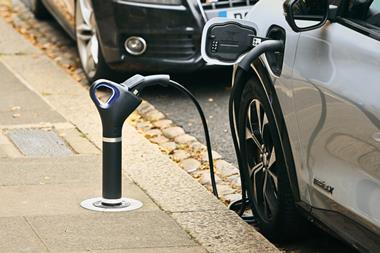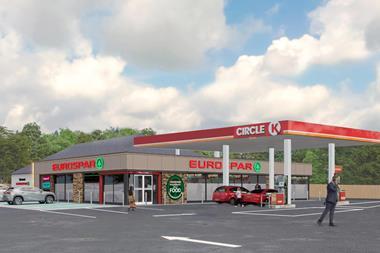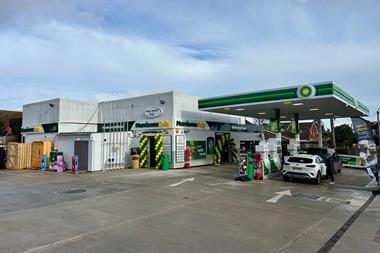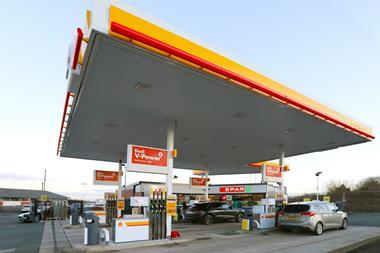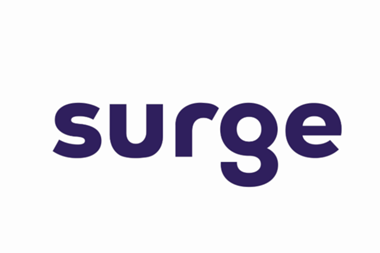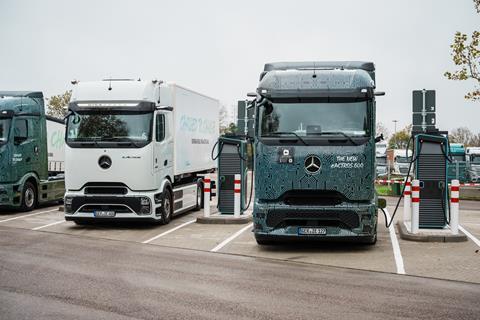
Moto, the UK’s largest motorway service area operator, has pledged to install 300 charging bays for electric lorries (eHGVs) across “23 strategically located eHGV superhubs” by 2030.
Construction of the first two hubs, at Exeter and Tamworth, is to commence in April this year, with 15 scheduled to be completed by 2027 across “key trading routes”, and the remaining six coming on stream as the decade draws to a close. By Moto’s calculations, the hubs will reduce the UK’s CO2 emissions by half a million tonnes every year.
Much of the current focus around electric vehicles has centred on cars, but from 2035 all new HGVs weighing 26 tonnes or less sold in the UK must be zero emission, with this expanding to encompass all HGVs from 2040. While hydrogen fuel-cell technology is often touted as being better suited to trucks than cars than electric due to the significant weight of EV batteries eating into payload capacities, at present development of hydrogen trails behind electrified HGVs. These are offered by a number of manufacturers including Scania, Volvo and Mercedes, though figures from the Society of Motor Manufacturers and Traders show sales of eHGVs fell by 7.3% lin 2024, with just 217 electric trucks registered, against a total of 44,988 – meaning eHGVs made up just 0.48% of the market.
Moto, and the government, will be hoping new charging facilities will improve these numbers, but in addition to this, the hubs’ locations are being chosen with one eye on freight exports. Moto’s chief executive, Ken McMeikan, says he sees “international trade growth opportunities” in the UK having “a robust eHGV charging network”. Domestic freight will undoubtedly be of significant importance, though, as some 77% of all goods in the UK are transported by road.
McMeikan adds: “Moto will lead the way in creating a sustainable, accessible, and reliable charging network for trucks and lorries. Our eHGV superhubs will support the decarbonisation of the transportation network, a key part of the energy transition. This critical infrastructure will unlock electric freight growth for the UK economy.”
























